FCA launches new office to the African Union
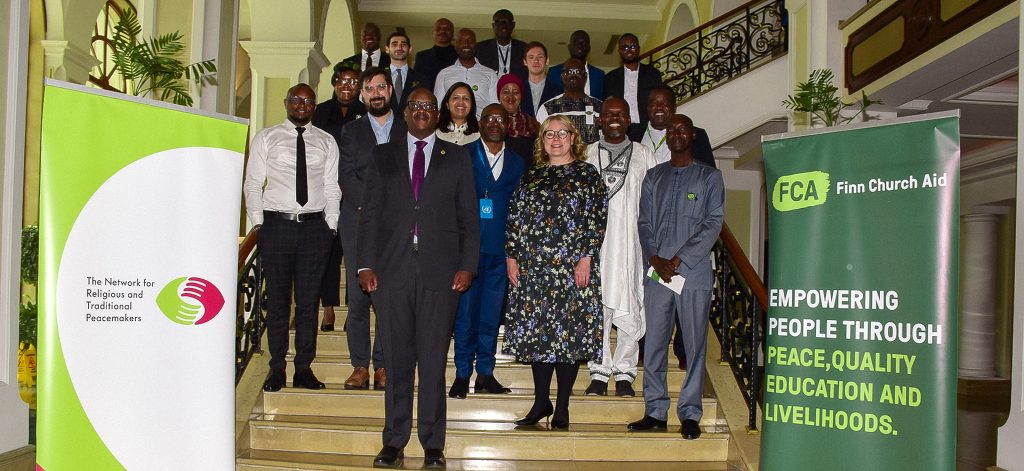
Finn Church Aid and The Network for Religious and Traditional Peacemakers gathered with African Union delegates to inaugurate new liaison office in Addis Ababa.
A THREE-DAY EVENT, held in the capital of Ethiopia, marked a significant step toward realising shared objectives between FCA and the African Union (AU), a continental body that comprises 55 African states.
The inauguration of the new office was attended by diplomats, international organisation representatives, AU delegates, government officials, and civil society organisations. In line with FCA’s priority areas, of education, livelihoods and peace, speakers from the AU outlined the union’s commitment to inclusive education and its agenda for peace and security.
The liaison office will be a focal point for FCA’s collaboration, coordination, advocacy and partnership with the African Union, focusing on meaningful participation of African civil society actors; especially youth, women and religious and traditional actors.
A shared vision
Ambassador Sinikka Antila, Finland’s Ambassador to Ethiopia and the African Union celebrated the establishment of FCA’s AU liaison office, underscoring its role in peacebuilding amid numerous conflicts worldwide.
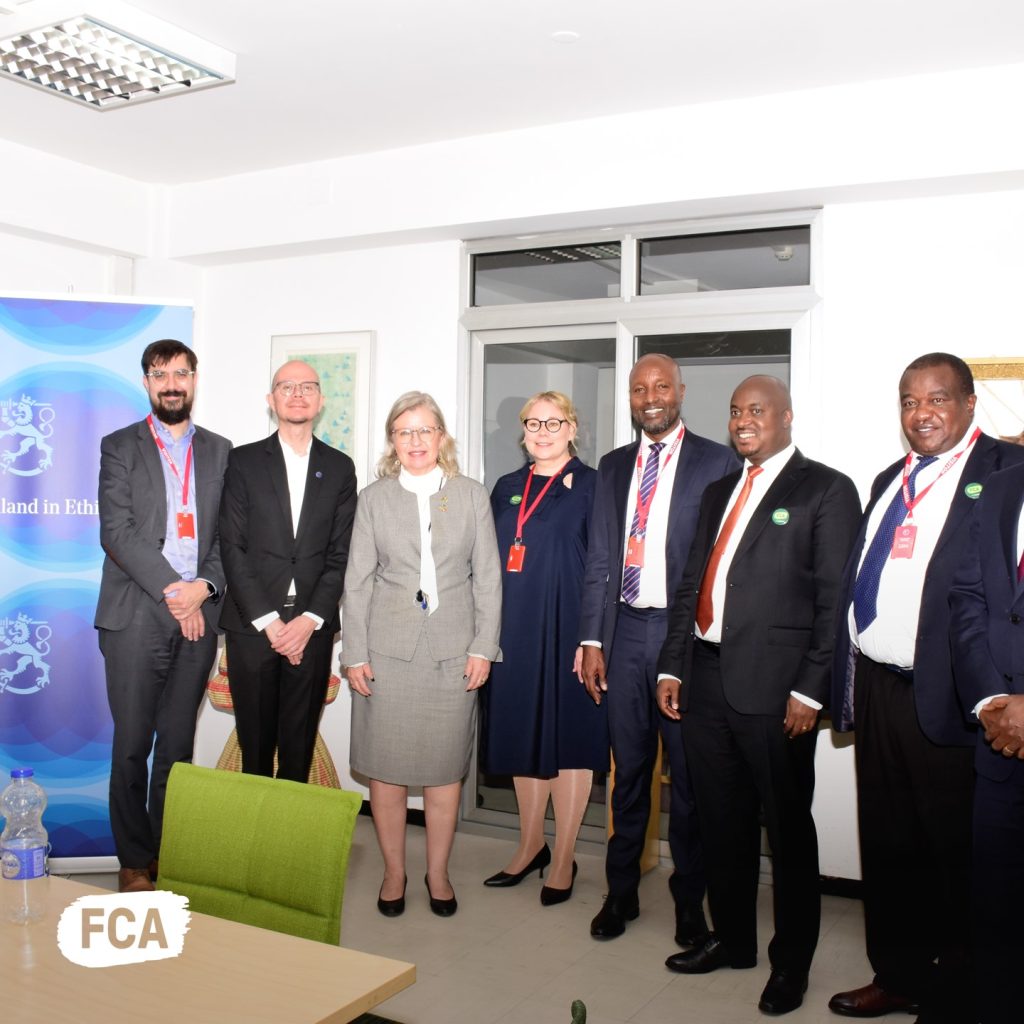
She also highlighted FCA’s extensive experience in emergency education contexts, especially during 2024, which the AU has designated as the ‘year of education’.
“In Finland, like in Africa, education is a top priority. The most precious resource for any country is its human resources. Therefore, education, by leaving no one behind, is the priority investment for development.”
Ambassador Antila also lauded FCA’s work in fostering livelihoods, especially in a continent with a young population where job creation and entrepreneurship are of utmost importance.
“FCA’s efforts in livelihood development, including promoting entrepreneurship and start-ups, have the potential to play a pivotal role in empowering Africa’s young population and fostering economic growth. This aligns with the increasing importance of job creation, especially in innovative and creative industries,” she said.
2024 a year of education
Sophia Ashipala, Head of the Education Division at the African Union, conveyed her enthusiasm for the occasion in her address and commended FCA for its pivotal role in bringing the event to fruition.
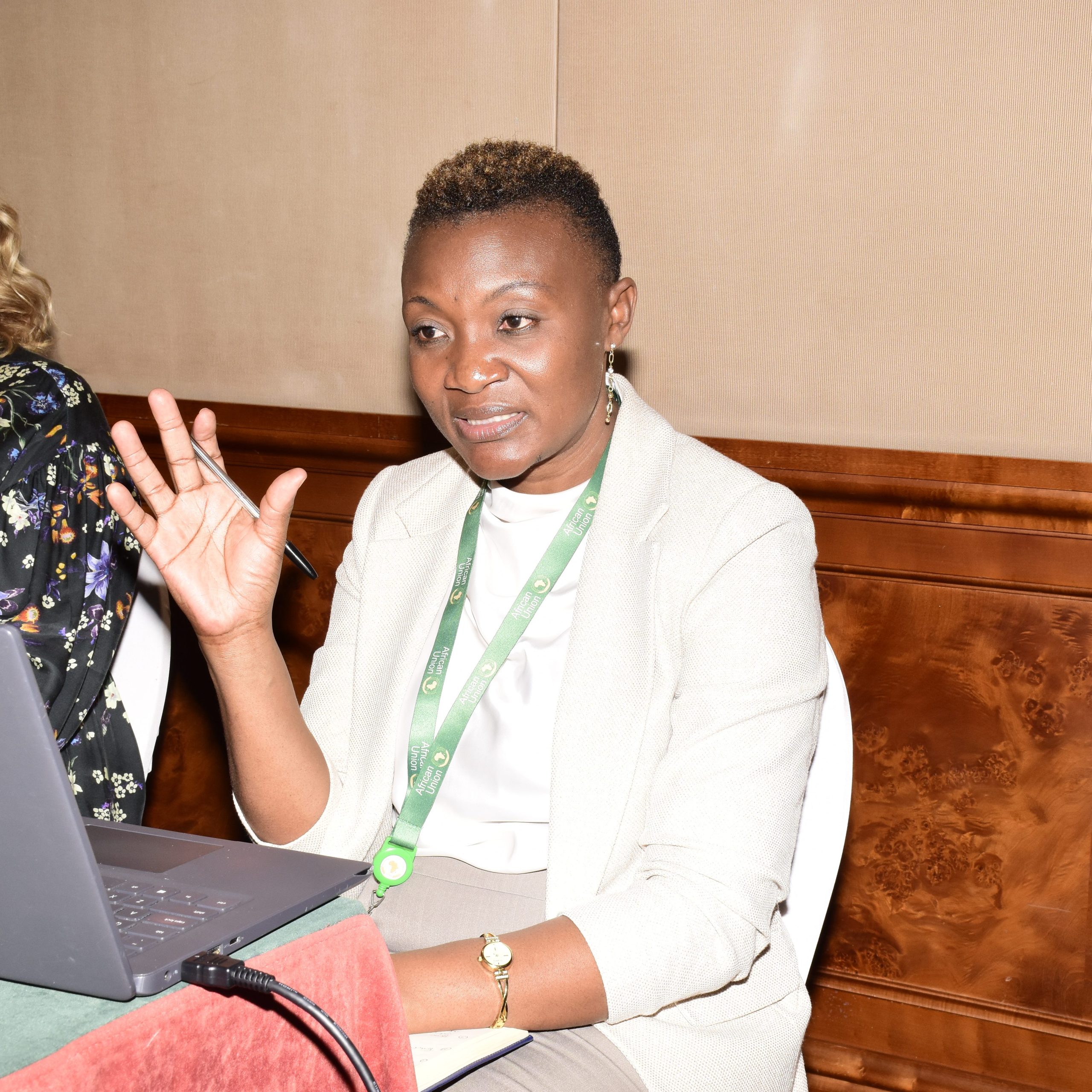
“Education, science, technology, and innovation are the cornerstones of progress and development for any nation or continent. As we embark on this journey together, it is crucial to recognise the immense potential that lies within Africa’s youth and the transformative power of education,” noted Ashipala.
Africa, like many other regions, faces profound challenges in its education systems, spanning from early childhood education to tertiary and higher education levels. These systemic issues have widened the gap towards achieving the UN Sustainable Development Goal 4 on quality education, a challenge mirrored in the Continental Education Strategy for Africa.
“Having education as the theme of the year 2024 is a significant step that is expected to shine a continental spotlight on building resilient systems for increased access to inclusive, quality, and relevant education in Africa,” Ashipala stated. This theme year will involve concrete and impactful activities and initiatives at various levels.
Focus on peacebuilding
The Network for Religious and Traditional Peacemakers came together with FCA to organise the event with network members from across the continent participating and briefing their work on conflict prevention and peacebuilding in Africa.
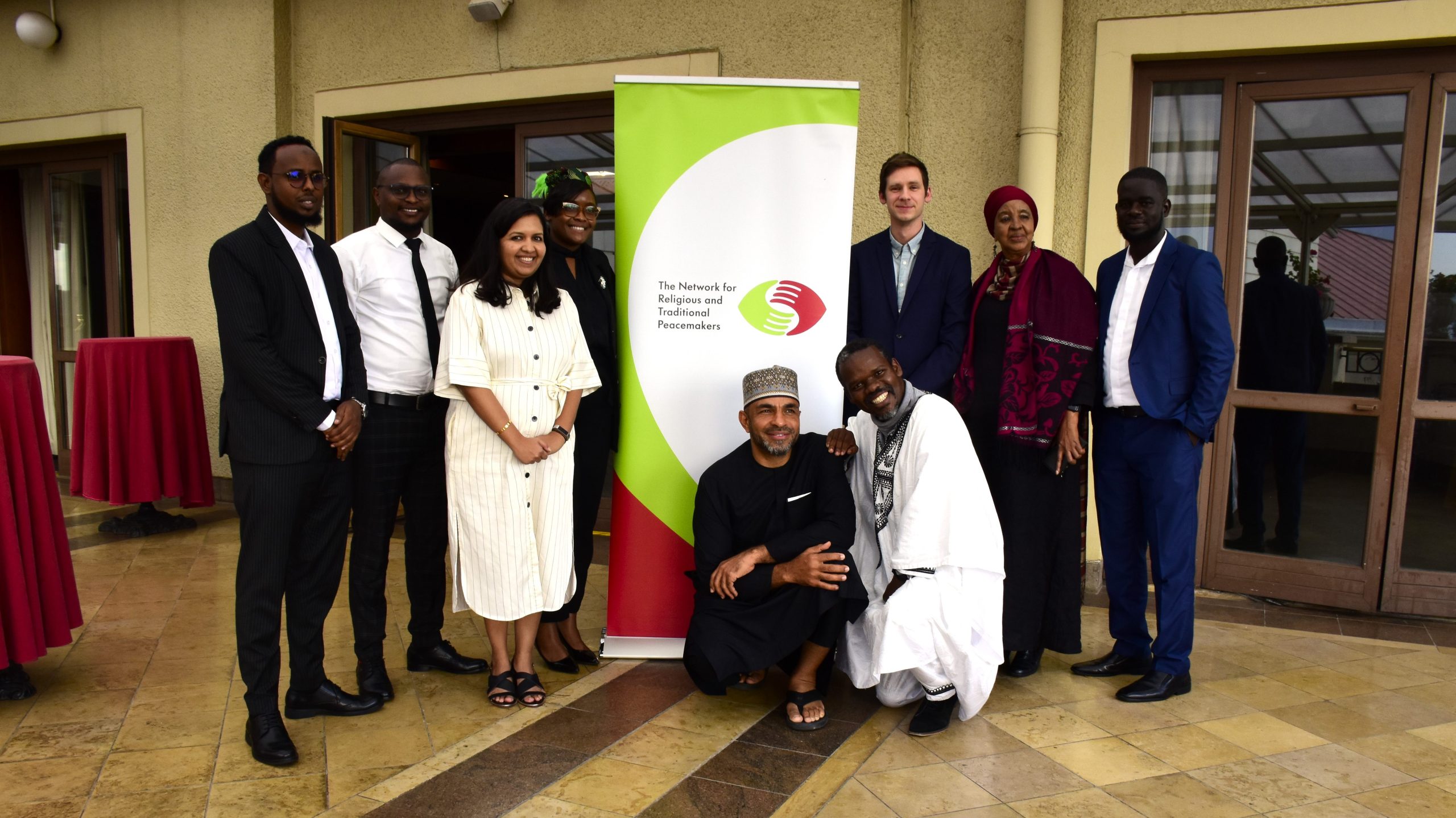
FCA hosts the Secretariat of the Network, a global movement of over 100 members (primarily religious and traditional actors, women, and young people) working across 40 countries worldwide to achieve peace through mediation and dialogue.
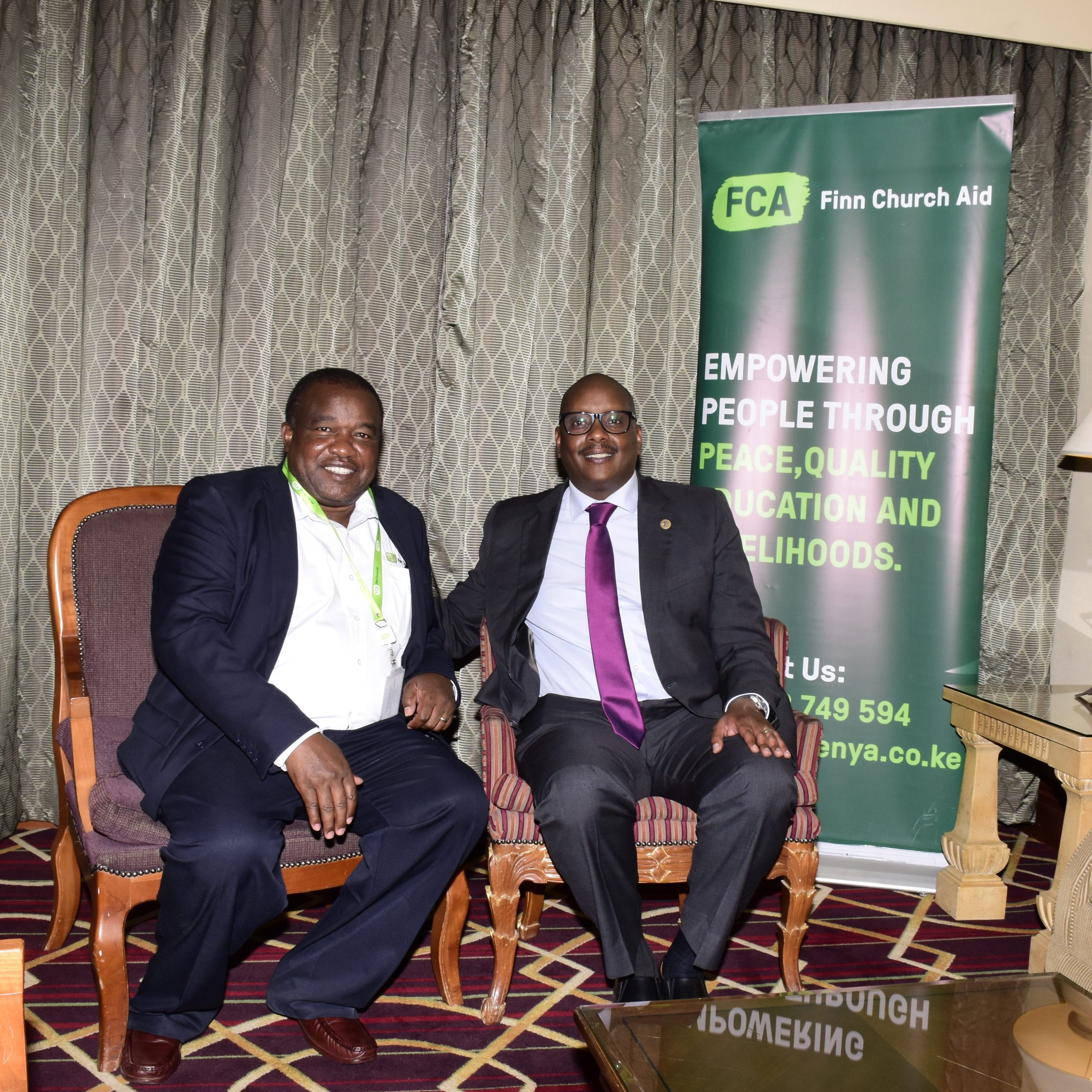
Network members had the opportunity to meet with Ambassador Frederic Gateretse-Ngoga, the Senior Advisor on International Partnerships, the AU border program and regional security mechanisms in the office of the Commissioner for Political Affairs and Peace and Security.
He pointed out the vital role of religious leaders in peacebuilding, conflict prevention, and post-conflict resolution, their respected status within communities making them key figures in sustaining peace.
“There is need for Africa to have its own strategy for the world,” he said, adding that “there can be no successful peace process without the involvement of religious leaders and traditional mediation methods,” he said.
The Network’s Regional Programme Manager for Sub-Saharan Africa, Gina Dias, shared that “84% of the world’s population has a religious affiliation, and in recent years, roughly two-thirds of all conflicts have or have had a religious dimension. Religious leaders and faith-based organisations play an important mediating role in many conflict situations and yet are often not fully acknowledged, and their potential contribution remains underutilised.”
African expertise
FCA operates in five African countries and, as an organisation, recognises the critical importance of establishing deeper connections with the AU. This commitment comes at a time when Africa is resolutely working towards realising the aspirations of ‘Agenda 2063: The Africa We Want.‘
All of FCA’s Country Directors for African countries were present at the inauguration from Central African Republic, Kenya, Somalia, South Sudan and Uganda.
Mahdi Abdile, FCA’s Executive Representative to the AU, emphasised the strategic importance of the inauguration, “the reason why this event is important is because the AU is a strategic partner for us as FCA, and we want to enhance our collaboration and strengthen our partnership, understand their priorities, and identify areas where we can work together.”
Text and photos: Daisy Obare
Read more about our work in African countries: Central African Republic, Kenya, Somalia, South Sudan and Uganda